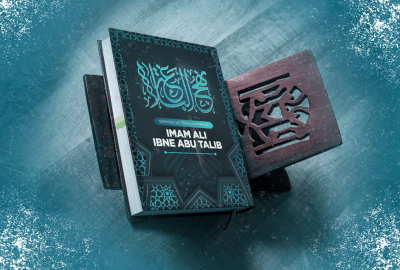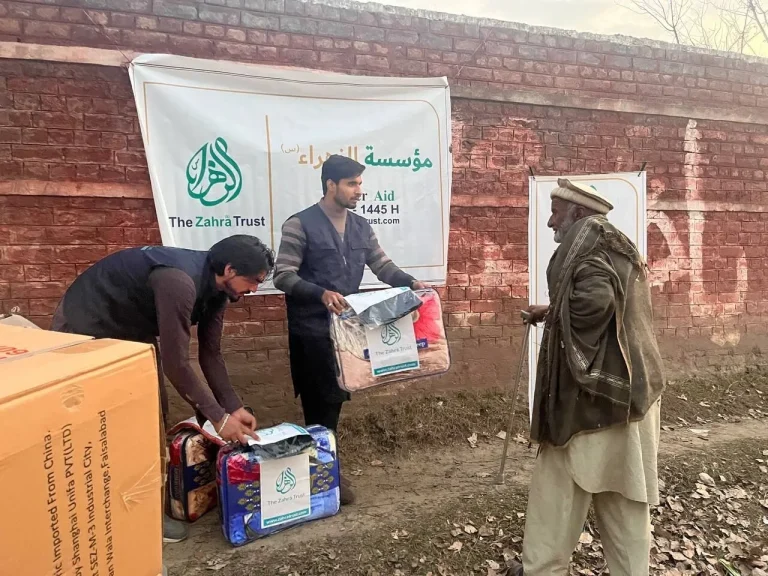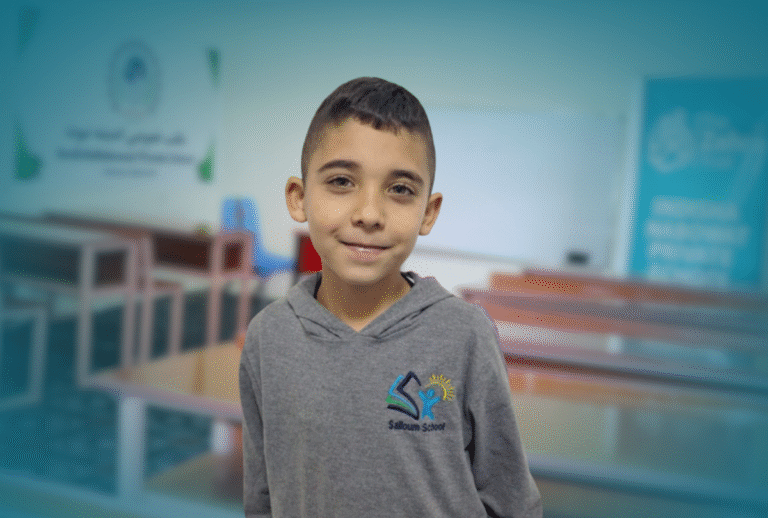What Are 5 Lessons Nahjul Balagha Can Teach Us About Modern Life?
In today’s fast-paced world, are you looking for guidance that feels real?
Nahjul Balagha, the collection of sermons, letters, and sayings of Imam Ali (as), offers more than history or philosophy. It offers real guidance and truth.
Here are five life lessons from Imam Ali (as), in the hopes that we all can continue to live in the enlightened legacy of our beloved Imam (as).
1. Justice: Uphold Truth, Even in Difficulty
Imam Ali (as) famously said:
“Impose the right (al-haqq) upon whomsoever it is incumbent, whether he be related to you or not. Be patient in this and look to your (ultimate) account; however this may affect your relatives and favorites. Desire the ultimate end in that of it (imposing the right) which weighs heavily against you, for its outcome will be praiseworthy.” (Nahj al-Balagha: Letter 53, Tuhaf al-’Uqul: 144, ‘Uyun al-Hikam wa al-Mawa’iz: 100/2296.)
He ruled with fairness, never favoring himself or his allies, and insisted that justice begin at the individual level.
This teaches us to stand for what’s right, even in small situations. Whether in the workplace or with friends, strive for fairness and honesty. It builds trust; and ultimately, change.
That’s justice in action.
2. Humility: Stay Grounded in Your Success
Imam Ali (as) taught:
“With humility blessings abound in plenty.” (Nahjul Balagha: Letters and Sayings, Hadith 224)
He lived simply and shared food with the poor, despite being the leader of a vast community. His example shows that true greatness is rooted in modesty.
In an age of social media and constant comparison, humility reminds us to value sincerity over status.
Celebrate others, accept feedback, and let your actions speak.
At The Zahra Trust, we treat every person with dignity; as equals, not recipients.
This comes from humility and respect.
3. Patience: Strength in Stillness
Imam Ali (as) reminds us that patience holds far more importance than we often realise, stating:
“If patience does not give relief to a man impatience kills him.” (Nahjul Balagha: Letters and Sayings, Hadith 189)
Life brings delays, difficulty, and disappointment.
However Imam Ali (as) teaches us that enduring these with patience is a form of inner strength.
This teaches us that when things feel out of control, during exams, job stress or illness…
Patience is what can help us pause, breathe, and trust in Allah (swt).
At The Zahra Trust, many families we serve live in uncertain conditions.
Yet they embody patience every day.
4. Reliance on Allah (swt) : True Strength Comes From Him
Imam Ali (as) said:
“Surely, you have been made to see if (only) you care to see; surely, you have been guided if (only) you care to take guidance; and surely, you have been made to hear if (only) you care to lend your ears.” (Nahjul Balagha: Letters and Sayings, Hadith 157)
Trust in divine wisdom doesn’t mean inaction.
It means moving forward with certainty that Allah (swt) sees, hears, and helps.
Next time a plan changes or challenges come, hold firm in dua, prayer, and remembrance.
Trust in His (swt) plan brings peace in uncertainty.
Many families we serve through The Zahra Trust remind us of this reliance.
Despite hardship, they trust in Allah (swt); and your compassion is often the answer to their silent prayers.
5. Service: The Best Deeds Are For Others
Imam Ali (as) reminds us powerfully that at the end of the day, we must remain committed to helping others if we are to remain true to our faith.
He (as) stated:
“Protect your belief by charity; guard your wealth by paying Allah’s share; and ward off the waves of calamity by praying.” (Nahjul Balagha: Letters and Sayings, Hadith 146)
For Imam Ali (as), leadership was not about power, but serving others: feeding the hungry, caring for the orphaned, protecting the oppressed.
Show mercy and invest time into helping someone in need.
Volunteering,sharing your knowledge, smiling or even speaking kindly is service in the eyes of Allah (swt).
At The Zahra Trust, every blanket, meal, or safe shelter we provide is a reflection of service, made possible by you.
Why Does the Nahjul Balagha Matter Today?
Whether you’re a student navigating stress, a parent trying to hold your family together, or simply someone seeking deeper meaning, the words of Imam Ali (as) remain timeless and more important than ever.
Justice grounds us. Humility protects our hearts.
Reliance on Allah (swt) sustains our souls, and service connects us to one another.
Because of your generosity, The Zahra Trust can:
- Serve communities with dignity and fairness.
- Reach those in urgent need with compassion.
Through your support, these aren’t just teachings. They are lived realities, for families surviving winter, orphans returning to school, and widows rebuilding their lives.
Nahjul Balagha isn’t just ancient wisdom. It’s a mirror to modern life.
Let us carry its teachings, not just in our books, but in our actions.
FAQ
Nahjul Balagha is a collection of sermons, letters, and sayings of Imam Ali (as), offering profound insights on leadership, justice, humility, and faith. For Shia Muslims, it serves as a spiritual and ethical guide that remains relevant in modern life.
The teachings of Nahjul Balagha address everyday struggles such as stress, injustice, and self-doubt. Lessons on patience, service to others, and reliance on Allah (swt) offer practical tools to navigate challenges with dignity and faith.
Some of the most relevant lessons include:
- Practicing justice even in small matters
- Showing humility despite success
- Cultivating patience during trials
- Trusting Allah (swt) in uncertainty
- Serving others as an act of worship
These teachings can be applied in family life, school, work, and community engagement.
The Zahra Trust brings the values of justice, compassion, and dignity into action by supporting families in need through food, shelter, education, and winter aid. Thanks to donor generosity, these values are not just preached; they are lived.
Not at all. Nahjul Balagha speaks to everyone: from students and professionals to parents and community leaders. Its lessons are universal, offering wisdom on how to live a meaningful and balanced life rooted in Islamic ethics.


 Donate Now
Donate Now
 Donate
Donate









